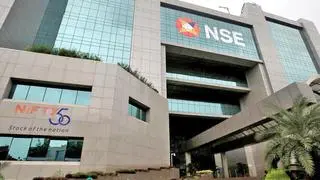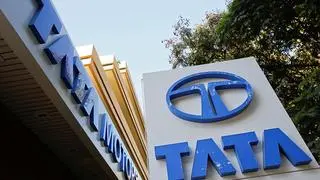BL Research Bureau
The initial public offering (IPO) of pharmaceutical company Gland Pharma which opened last week created quite a buzz. This was though more due to the company’s Chinese connection than its profitable business. Pre-IPO, the company’s Chinese promoter, Fosun Singapore, held a 74 per cent stake in the company.
The issue was oversubscribed by over six times by qualified institutional buyers (QIB) but received a tepid 23 per cent subscription from retail investors. The stock, however, had an impressive listing on Friday. It listed at ₹1,710 — a gain of 14 per cent from its issue price of ₹1,500, and the gain widened by the end of the day. At the closing price of nearly ₹1,820, the stock finally registered a 21 per cent gain.
At the issue price of ₹1,500, the stock discounted its trailing 12-month (ended June 2020) earnings by almost 26 times and the FY20 earnings by 30 times. Though not cheap, this looked reasonably priced compared to global peers. Recipharm AB and the Lonza Group AG, Gland Pharma’s global peers traded at trailing 12-month P/E multiples of 34 times and 56 times, respectively around the time the IPO opened.
At Friday’s closing price of ₹1,820, Gland Pharma discounts its trailing 12-month (ended June 2020) earnings by almost 31 times and the FY20 earnings by 36 times. Though not strictly comparable, the valuation for the S&P BSE Healthcare Index can give some perspective on the stock’s valuation. The index currently trades at a trailing 12-month P/E multiple of almost 45 times which makes Gland Pharma look reasonably valued.
Gland Pharma is a business-to-business (B2B) player in the fast-growing global (particularly the US) generic injectables space, within the otherwise highly competitive generics market. Its B2B model offers it the advantage of revenue and cash flow certainty and cost savings. This is reflected in the company’s strong financials – high operating profit margins, double-digit growth in revenue and profit, almost no debt, and high cash balance. The company is also expanding its production capacity for both formulations and APIs (active pharmaceutical ingredients), the latter to strengthen backward integration.
Given the company’s profitable B2B business model, strong balance sheet and planned capacity expansions, the stock looks worth holding despite the impressive gains on listing day.








Comments
Comments have to be in English, and in full sentences. They cannot be abusive or personal. Please abide by our community guidelines for posting your comments.
We have migrated to a new commenting platform. If you are already a registered user of TheHindu Businessline and logged in, you may continue to engage with our articles. If you do not have an account please register and login to post comments. Users can access their older comments by logging into their accounts on Vuukle.